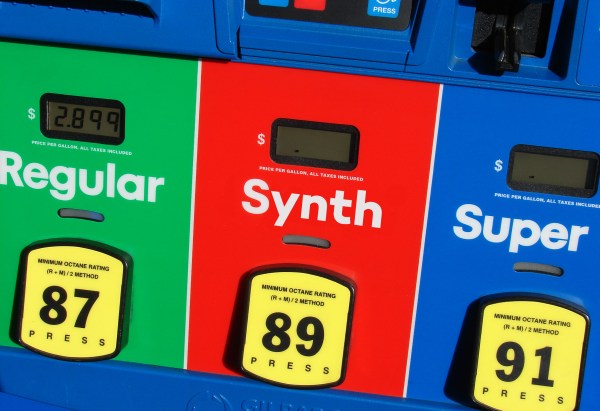We lost a true legend this week with the passing of NASA astronaut Jim Lovell at the ripe old age of 97. Lovell commanded the ill-fated Apollo 13 mission back in 1970, and along with crewmates Jack Swigert and Fred Haise — along with just about every person working at or for NASA — he managed to guide the mortally wounded Odyssey command module safely back home. While he’s rightly remembered for the heroics on 13, it was far from his first space rodeo. Lovell already had two Gemini missions under his belt before Apollo came along, including the grueling Gemini 7, where he and Frank Borman undertook the first long-duration space mission, proving that two men stuffed into a Volkswagen-sized cockpit could avoid killing each other for at least two weeks.
asphalt3 Articles
Electric Vehicles, The Gasoline Problem, And Synthetic Fuels
When you’re standing at the gas station filling up your car, watching those digits on the pump flip by can be a sobering experience. Fuel prices, especially the price of gasoline, have always been keenly watched, so it’s hard to imagine a time when gasoline was a low-value waste product. But kerosene, sold mainly for lighting, was once king of the petroleum industry, at least before the automobile came along, to the extent that the gasoline produced while refining kerosene was simply dumped into streams to get rid of it.
The modern mind perhaps shudders at the thought of an environmental crime of that magnitude, and we can’t imagine how anyone would think that was a good solution to the problem. And yet we now face much the same problem, as the increasing electrification of the world’s fleet of motor vehicles pushes down gasoline demand. To understand why this is a problem, we’ll start off by taking a look at how crude oil is formed, and how decreasing demand for gasoline may actually cause problems that we should think about before we get too far down the road.
Continue reading “Electric Vehicles, The Gasoline Problem, And Synthetic Fuels”
Trailblazing Artisans Of Road Building
A lot of us take roads for granted, at least until they are icy or torn up by construction. The concept of creating fixed paths seems to be in our firmware. Finding the shortest distance to food or water and marking a trail to it from home base has always been its own reward.
Roads have come a long way from the simple paths beaten by man and beast. But the basic configuration of paved roads hasn’t changed all that much since the Roman empire. Whatever they’re made of, they need to be able to drain water and support heavy loads.
New issues arose as modes of transportation shifted in favor of the automobile. Road surfaces needed to provide friction against tires. But how did we get from the stone-paved roads of Rome to the asphalt and concrete roads of today?













